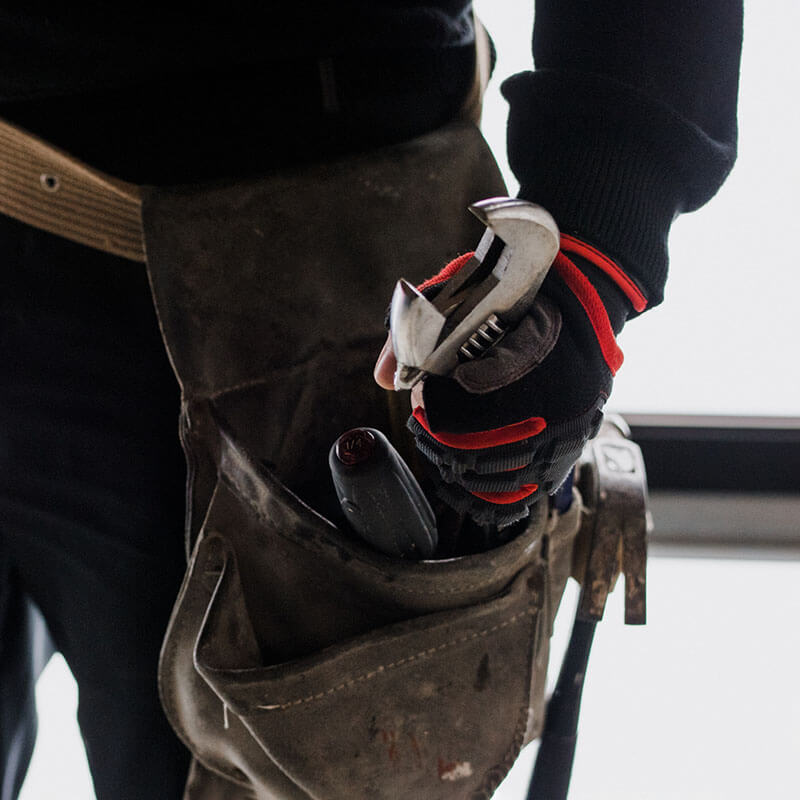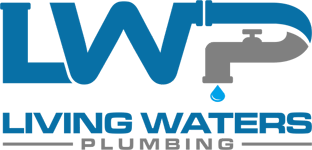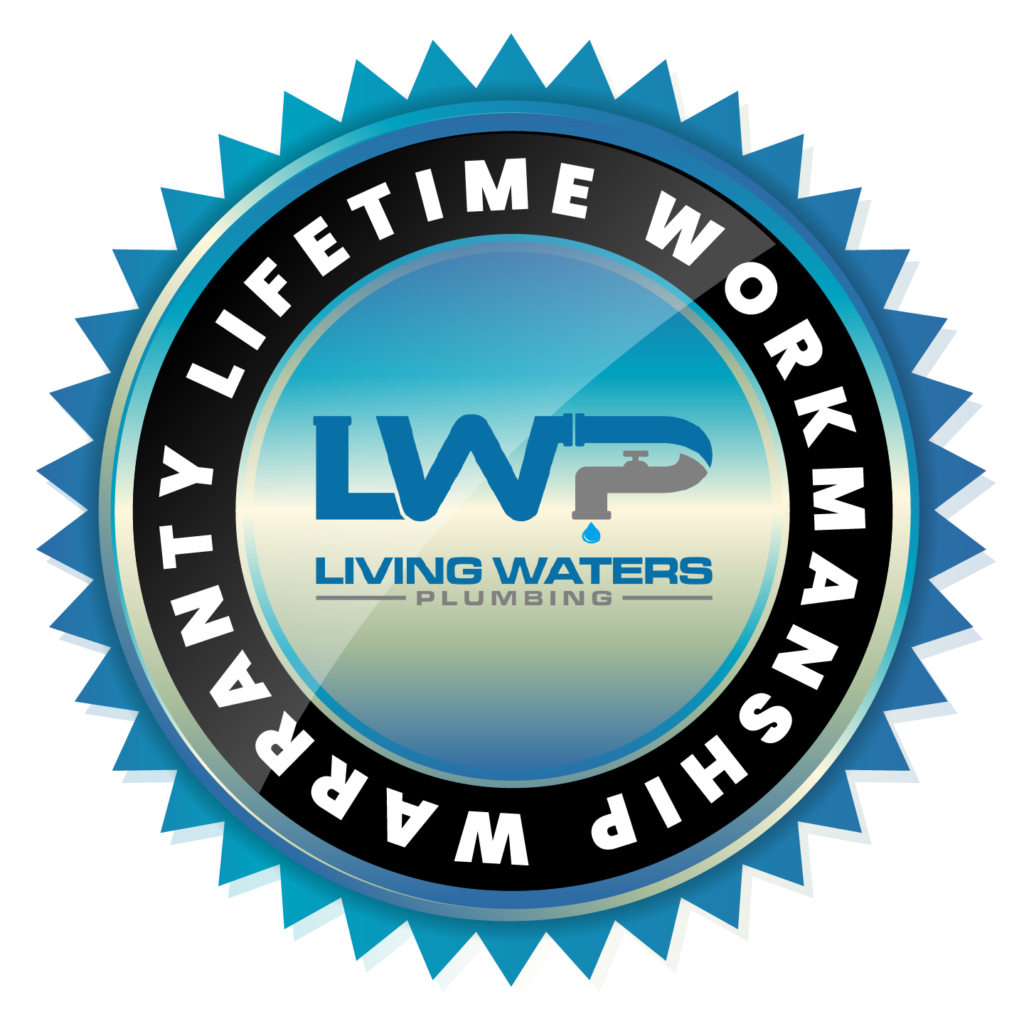What to Look for in a Plumber:
When it comes to home maintenance, few things are as crucial as having a reliable plumber on speed dial. Whether it’s a leaky faucet, a clogged drain, or a more significant issue like a burst pipe, a skilled plumber can save you from potential disasters. However, finding the right plumber isn’t always straightforward. Here’s a guide to help you choose a plumber who is trustworthy, skilled, and worth your investment.
What to Look For:
1. Licensing and Certification
The first thing you should check when hiring a plumber is their licensing and certification. A licensed plumber has gone through the necessary training and meets the legal requirements to perform plumbing work in your area. This ensures they are knowledgeable about building codes and safety standards. Certification from recognized industry bodies can also be a good indicator of a plumber’s expertise and commitment to staying updated on the latest plumbing techniques.
2. Experience
Experience is a significant factor when choosing a plumber. While newly certified plumbers may be competent, an experienced plumber is likely to have encountered a wide range of plumbing issues and can quickly diagnose and fix problems. Look for a plumber who has several years of experience, especially in handling the specific issues you’re facing.
3. References and Reviews
Word of mouth is still one of the best ways to find a reliable plumber. Ask friends, family, or neighbors for recommendations. Additionally, check online reviews on platforms like Google, Yelp, or Angie’s List to see what past customers have to say. Consistent positive feedback is a good sign, but pay attention to how the plumber responds to any negative reviews—they should be professional and willing to make things right.
4. Insurance
A reputable plumber should carry insurance to protect both themselves and your property. This typically includes liability insurance and worker’s compensation. In the event of an accident or damage to your home during a job, insurance ensures that you’re not left footing the bill. Always ask for proof of insurance before hiring a plumber.
5. Upfront Pricing
Transparent pricing is essential when hiring a plumber. The best plumbers will provide you with a detailed estimate before beginning any work. This estimate should break down the cost of labor, materials, and any additional fees. Be wary of plumbers who give you vague quotes or refuse to provide an estimate in writing. An upfront and honest plumber will help you avoid any surprises when it comes time to pay the bill.
6. Guarantees and Warranties
A confident plumber will stand by their work. Ask about guarantees or warranties on the services they provide. This could be a satisfaction guarantee or a warranty on parts and labor. A good plumber should offer some form of assurance that their work will meet your expectations and that they’ll return to fix any issues that arise shortly after the job is done.
7. Availability and Response Time
Plumbing emergencies don’t always happen during regular business hours. It’s important to find a plumber who offers emergency services or has flexible availability. Consider how quickly they respond to inquiries and whether they can handle urgent requests. A plumber who is easy to reach and quick to respond is invaluable in an emergency situation.
8. Professionalism and Communication
Pay attention to how the plumber communicates with you from the first contact. Are they courteous, prompt, and willing to answer your questions? Professionalism in communication often reflects how they approach their work. A plumber who takes the time to explain the issue and the proposed solution in clear terms shows respect for you as a customer and confidence in their skills.
9. Local Knowledge
If you’re environmentally conscious, consider hiring a plumber who practices eco-friendly plumbing. This can include recommending water-saving fixtures, using environmentally safe materials, or suggesting energy-efficient heating solutions. A plumber who prioritizes sustainability can help you reduce your environmental footprint while saving money on utility bills.
10. Eco-Friendly Practices
If you’re environmentally conscious, consider hiring a plumber who practices eco-friendly plumbing. This can include recommending water-saving fixtures, using environmentally safe materials, or suggesting energy-efficient heating solutions. A plumber who prioritizes sustainability can help you reduce your environmental footprint while saving money on utility bills.
Call Today!

Finding the right plumber takes a bit of research, but the effort is worth it. By considering factors such as licensing, experience, insurance, and customer reviews, you can choose a plumber who is reliable, skilled, and professional. Keep this guide handy the next time you need plumbing services, and you’ll be well-equipped to make an informed decision. Remember, a good plumber is more than just a tradesperson—they’re a crucial partner in maintaining the safety and comfort of your home.

